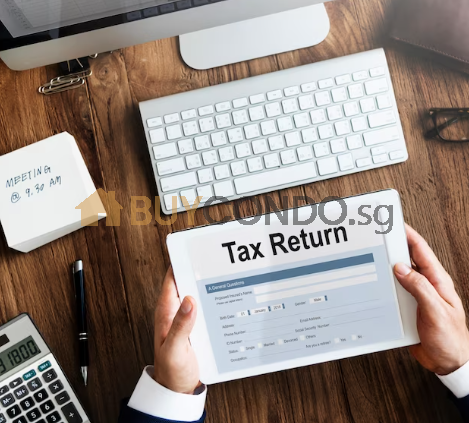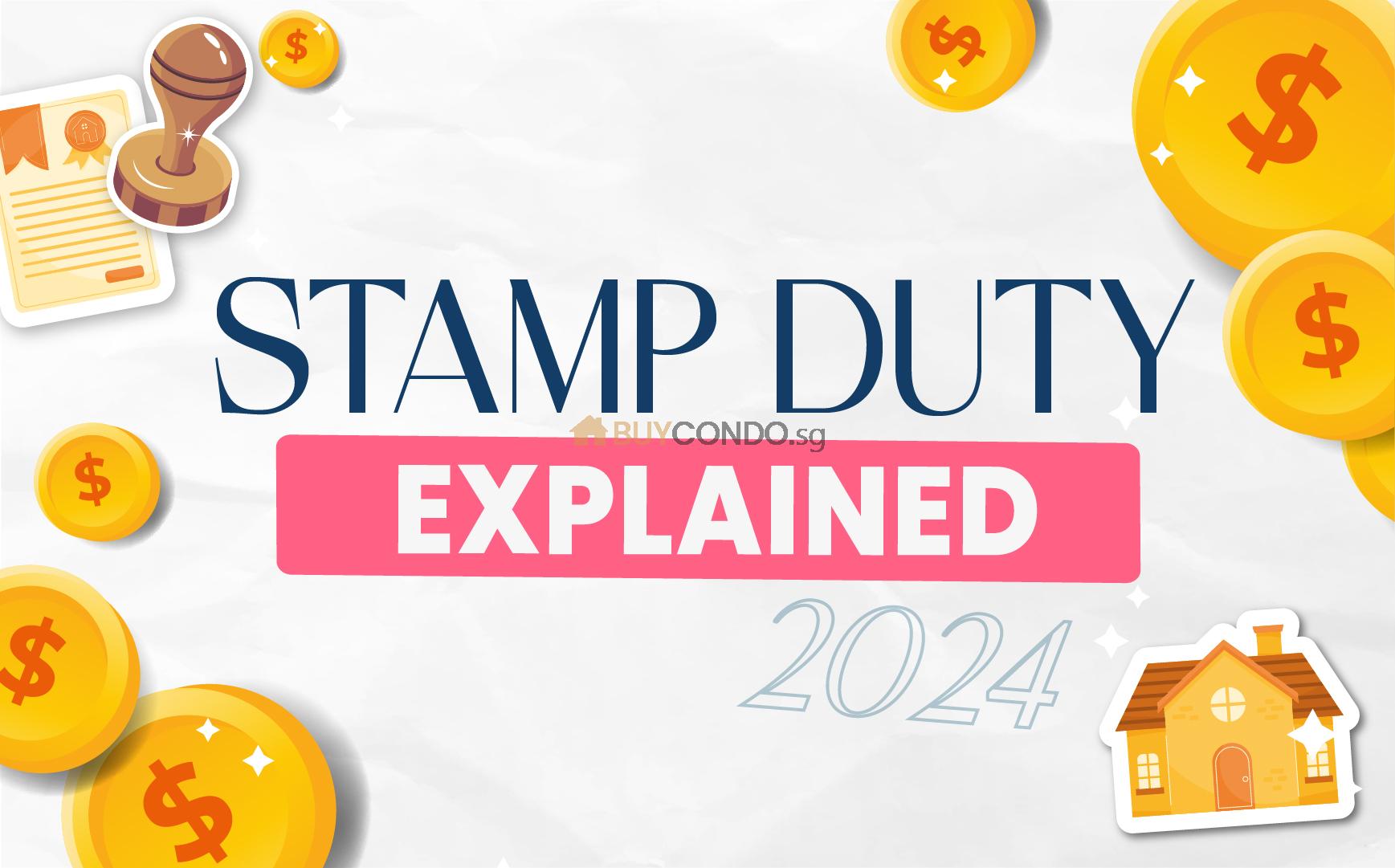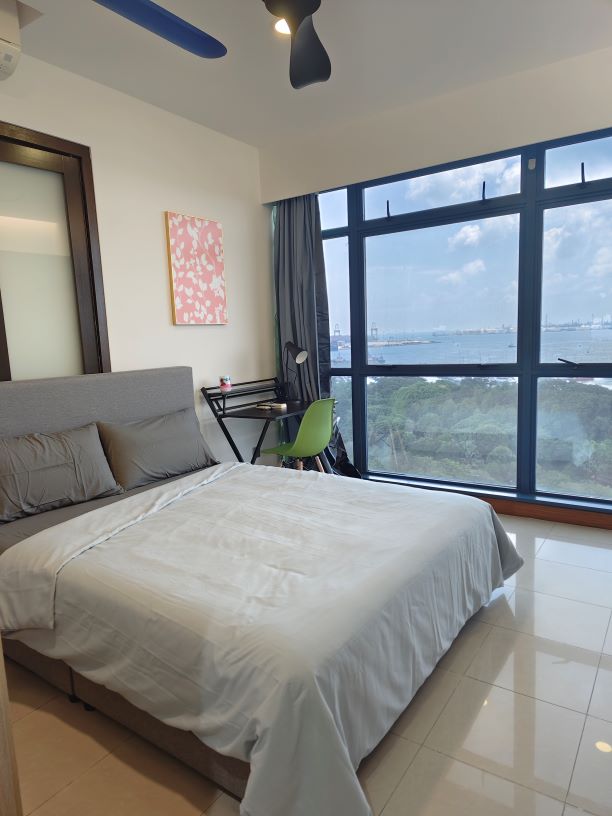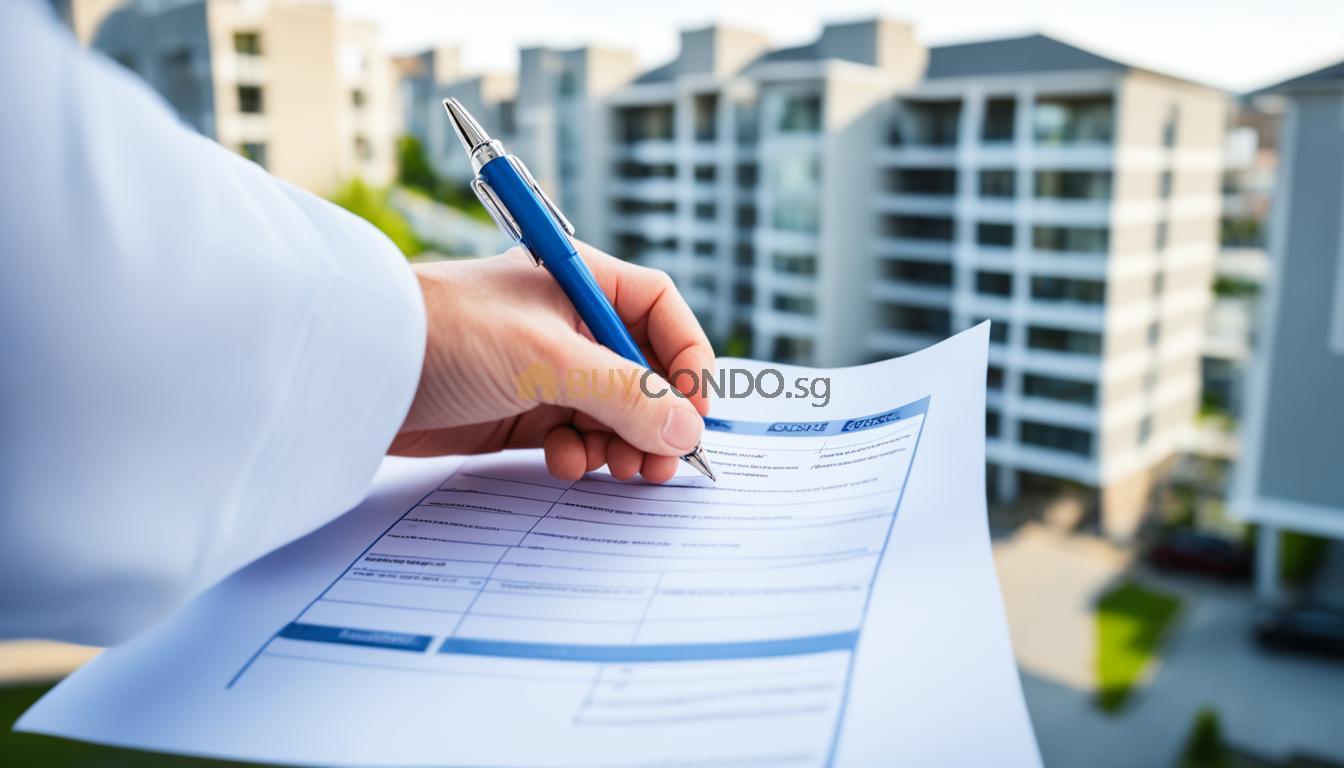
Housing is a basic necessity for every human being.
Housing configurations vary significantly and may include single-family and multi-family homes in various classes based on flats, stand-alone houses, apartments, etc.
Generally, housing demand largely depends on a tenant’s ability and willingness to pay the required rent to the landlord.
That being said, landlords are constantly seeking ways to maximise their rental incomes, and fortunately, this can be achieved with some effective strategies.
What is rental income?
Before we get ahead of ourselves, let’s describe rental income.
Fundamentally, a rental income denotes any payment a landlord receives for the use or occupation of their property.
Mostly, it applies to residential and commercial properties, as well as specific ships and machinery (known as movable properties).
In Singapore, rental income is taxable, and one needs to report it when filing income tax returns.
However, certain rental expenses can be deducted from the gross rental income to get the net rental income subject to taxation.
These include property tax, mortgage interest, repairs and maintenance, insurance, administrative costs, etc.
When paying property taxes, one can claim some of these costs depending on how the property is utilised and the nature of the work.
For example, Peter is renting out a residential property and has a tenant paying $5,000 monthly for the place.
However, on average, repair and maintenance cost him $300 per month. Therefore, Peter’s net rental income, which is subject to tax is $4700 per month.
How can I increase my rental income in Singapore?
There are different ways one can increase their rental yield. Here are several pointers:
1. Focus on key renovations (bathroom, bedroom upgrades)
Renovations on spaces like bathrooms and bedrooms may help reduce your property’s vacancy and, in turn, increase your rental yield.
You don’t have to necessarily paint the entire house since your costs will obviously add up quickly and exceed whatever increase in rental revenue you get.
However, upgrading your bathroom and ensuring that sinks and sprayers are in good condition can help you charge a little more to offset your overheads.
Similarly, adding small upgrades to your bedroom furnishings like a new closet, lightings, etc can increase your rental value.

2. Consider long-term and classic trends for furnishings
You can upgrade your furniture if you’re renting out furnished apartments. Newer and classic furniture may help in retaining customers and, in turn, increase your rental income yield.
Look for those ‘forever trends’ that never miss catching one’s eye!
3. Arrange a mass viewing
When showing your property to potential tenants, arrange a mass viewing instead of showing it to individual tenants.
By nature, whenever humans see ‘competition’, the scarcity effect automatically kicks-in and the ‘fear of missing out (FOMO)’ can drive them to make quicker decisions.
This will work favourably to maintain occupancy rates, and thus, positively impact your rental income yields.
4. Provide value-added services
You can provide your tenants with value addition to maintain high occupancy.
For example, hire a part-time cleaner who comes once a month, then charge the tenants a little extra to compensate for the part-time cleaner.
Other value-added services may include pet-friendly policies, regular maintenance of common areas, etc.

5. Meet the market rate
Property prices usually peak and decline in a dynamic interest rate environment. This indicates an unfavourable condition for landlords since rent can decline along with lower property prices.
However, a declining interest rate may also mean increasing property prices and possibly higher rental income.
As such, it’s imperative to keep abreast with the prevailing residential and commercial property market rates and increase rent accordingly.
If you are in tune with market rates, do not be afraid of your tenants suddenly leaving in response, as moving is a huge hassle that incurs a lot of time and money.
6. Shorter stays
Consider putting provisions to allow shorter stays at a more expensive rate to increase rental income. So, tenants who wish to rent on a short-term basis will simply pay a premium to enjoy this flexibility.
7. Research neighbourhoods that give the highest rental ROIs
If you are looking to buy a property simply to rent it out in the future, do careful research on the area and the growth potential.
It’s essential to determine the return on investment in the long-term by assessing the neighbourhood amenities and other upcoming development projects that could help raise property value and demand.
8. Screen your tenants carefully
Carefully check your prospective tenants’ previous rental records and focus on picking those with a good rental history.
This will help you eliminate tenants who constantly default and negatively impact your rental yield. You can also run a credit check, background check and even ask for contact references.
9. Advertise your property on a reputed property management site in Singapore
When seeking a good flow of potential tenants, featuring your property on a reputable property management website lis perhaps the quickest way to get you in limelight.
Reputed property management brands like Buycondo can help potential clients to find your property with minimal hustle and maximum trust.
How do I reduce my rental tax in Singapore?
Tax deductions can be a good way to reduce rental income taxes and maximise your rental income.
In practice, rental income tax can be approximately 10-15% of one’s monthly rent collection, which dramatically adds up over the course of a year.
To reduce your tax expenditure, it is crucial to reduce your taxable income amount by deducting several expenditures against your rental income.
For example, interests on a mortgage, administration costs, depreciation & repairs, insurance, and legal & professional fees.

Conclusion
Generally, being a landlord comes with significant costs like property tax and the cost of upkeep that can impact your net rental income.
However, consider the useful tips shared in the article to maximise your rental income.
Check out the property management services at Buycondo for a free online rent assessment for landlords in Singapore!












